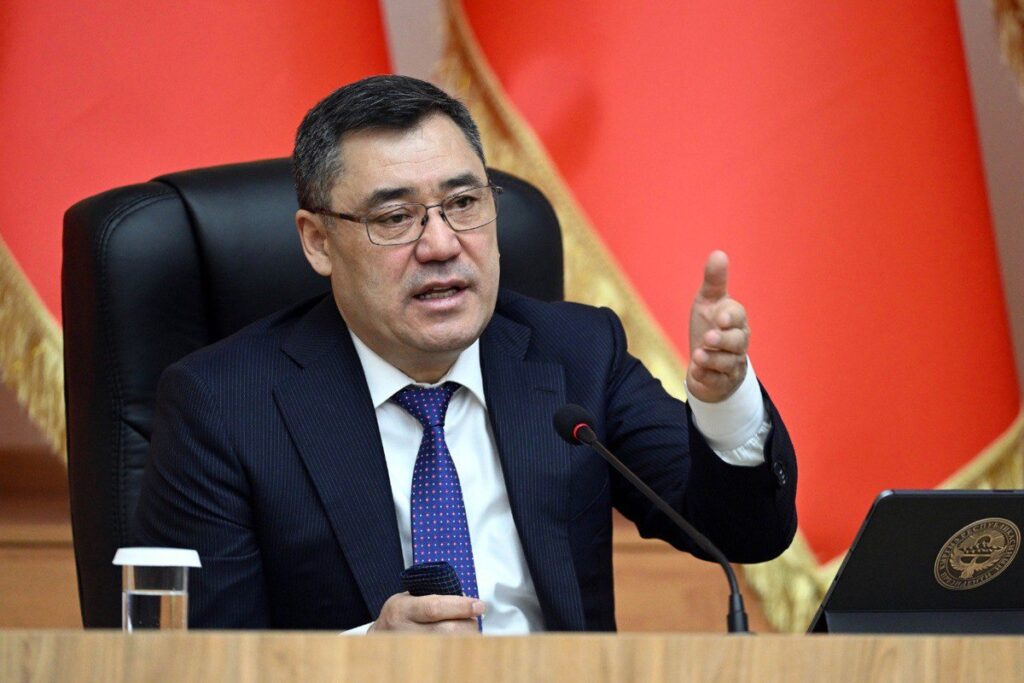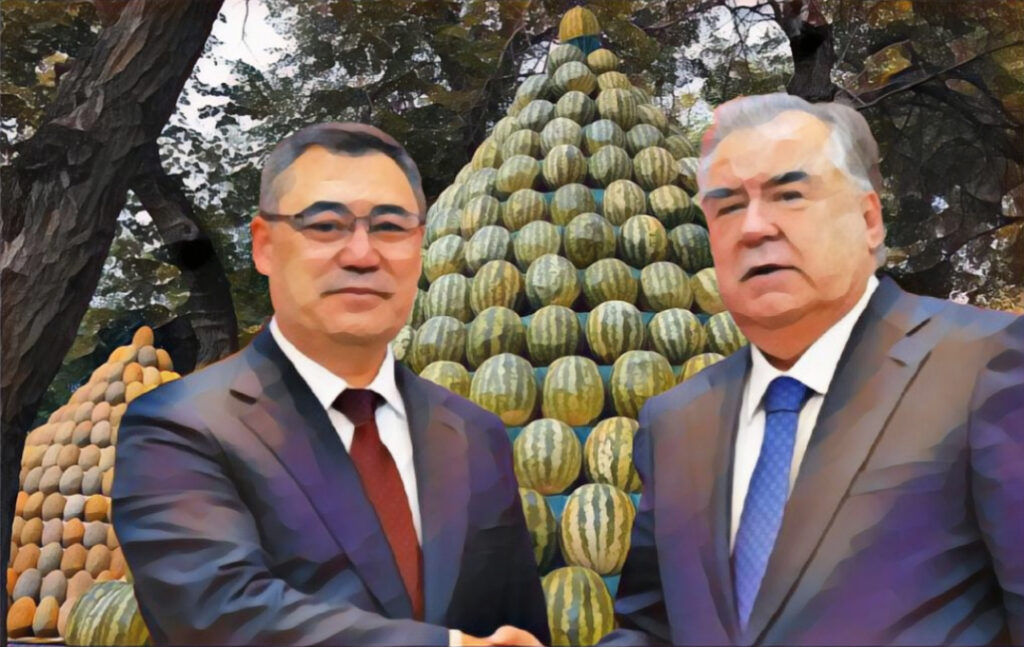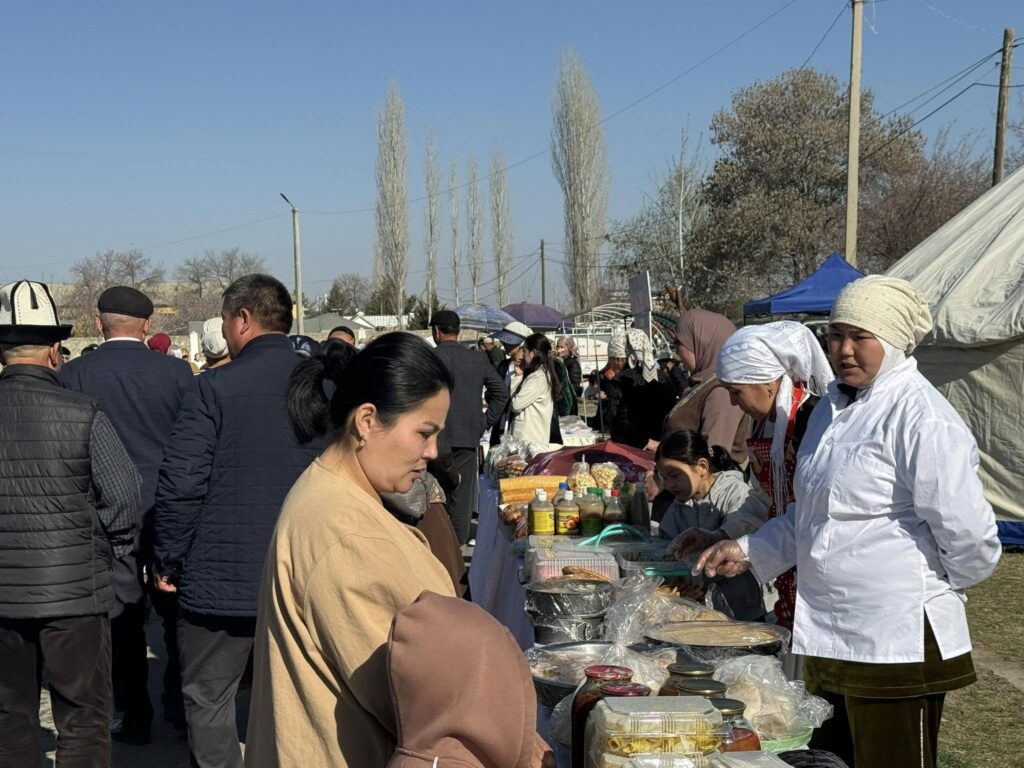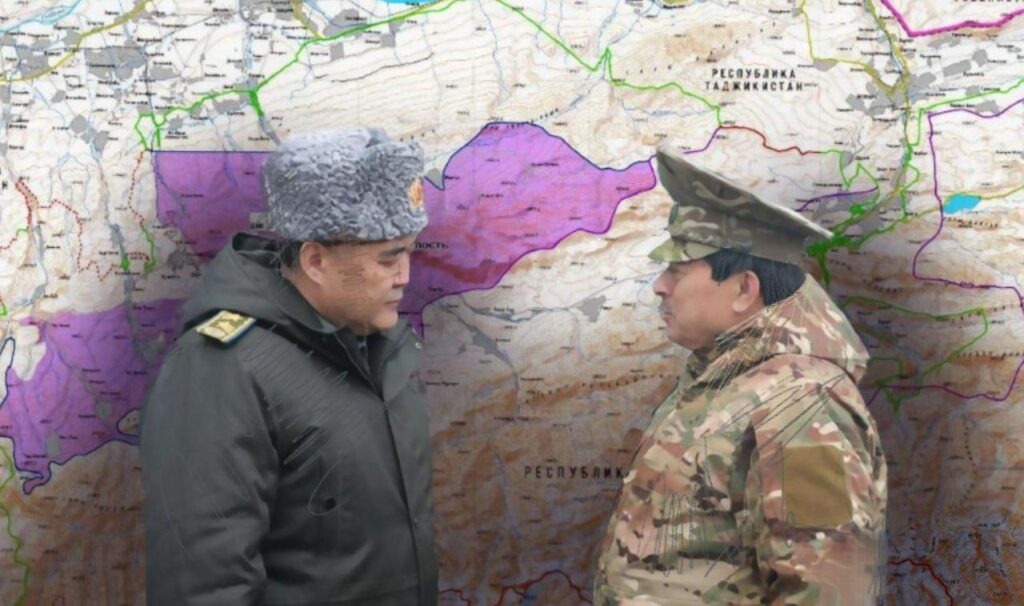Central Asia is offering a rare bright spot in a geopolitical landscape that often seems troubled by conflict and uncertainty.
Kyrgyzstan and Tajikistan are on the verge of resolving a long-running border dispute that has sometimes flared into deadly violence, an outcome that will open the way to smoother transport links as well as energy and water agreements between the two countries.
At a ceremony in Bishkek, Kyrgyzstan’s capital, on Friday, 21 February 2025, the chief negotiators for each country signed what they said was an agreement demarcating their nearly 1,000-kilometer border, the final and most critical of a series of accords aimed at ending the dispute over territory. Kyrgyz President Sadyr Japarov and President Emomali Rahmon of Tajikistan must also add their signatures as part of the process of making the agreement legal.
The most painstaking work has been done after months of discussions over the delineation of the border, which was the scene of clashes in 2021 and 2022 that killed dozens of people and forced mass evacuations of residents. Much of the frontier runs through mountainous areas.
Saimumin Yatimov, Tajikistan’s chief negotiator and head of the State Committee for National Security, said the deal, once ratified, “will bring an end to the 100-year dispute” between the neighbors, the AKIpress news agency reported. Yatimov’s counterpart in the talks was Kyrgyz security chief Kamchybek Tashiyev.
Kyrgyzstan, Tajikistan and other Central Asian states declared independence from the Soviet Union as it fell apart in 1991. The origin of lingering border problems, in particular between Kyrgyzstan and Tajikistan, go back a century to when the Soviet Union formed those republics, drawing lines on a map with little regard for ethnic and geographical circumstances.
Geopolitical strategist Velina Tchakarova, whose predictions for 2025 include heightened tensions in the Indo-Pacific, noted the positive development between the two Central Asian countries.
“Not everything is about bad news in global geopolitics,” Tchakarova said on X.









